By Janet Samuel
The Agricultural Research Council of Nigeria (ARCN) has launched a new era for the country’s agricultural research system with the inauguration of its maiden National Stakeholders Forum on Agricultural Research Capabilities, held in Abuja on Wednesday.
Declaring the Forum open, the Executive Secretary of ARCN, Dr. Abubakar Adamu Dabban, called for deeper investment, innovation, and stronger collaboration to reposition Nigeria’s research landscape for food security and sustainable growth.
The Forum, jointly organised by ARCN and the International Institute of Tropical Agriculture (IITA), brought together policymakers, research institutions, development partners, academia, and private sector actors to evaluate progress and set future priorities.
Speaking on the theme, “Research Capabilities in Nigeria: The Journey So Far”, Dr. Dabban described the gathering as a strategic platform for reflection and foresight. He noted that Nigeria’s National Agricultural Research System (NARS) had made remarkable strides in human resource development, technology adoption, and collaborative knowledge-sharing.
“These milestones,” he observed, “have been possible through strong partnerships with government, international research bodies, the private sector, and farming communities.”
Dr. Dabban expressed appreciation to partners including the Federal Ministry of Agriculture and Food Security, CGIAR family, ECOWAS, AATF, FARA, CORAF, universities, and the private sector, for their consistent contributions to strengthening Nigeria’s research capacity.
Looking ahead, he emphasised the need for the sector to adapt to emerging challenges such as climate change, food insecurity, and population pressures. He assured that ARCN would continue ongoing projects, introduce fresh initiatives, and roll out reforms aligned with the Federal Government’s agricultural priorities.
Among ARCN’s immediate focus areas, he highlighted the formulation of second-generation strategic and operational plans, the review of schemes of service for research institutes and agricultural colleges, and the revision of guidelines for managing agricultural research institutions.
“This Forum is not just about reflection but also about action. The insights generated here will shape a forward-looking research agenda—responsive, inclusive, and transformative,” Dr. Dabban stated.
He stressed that effective management of research capabilities is a shared responsibility and urged participants to ensure that resolutions from the Forum are translated into results across the agricultural value chain.
Nigeria, he maintained, has a unique opportunity to achieve food security and improved livelihoods if it strengthens investment in science, technology, and innovation.
The ARCN boss commended IITA, the Committee of Directors of Research Institutes (CODRI), and the National Committee of Heads of Colleges of Agriculture and Related Disciplines (NACHCARD) for their contributions to the success of the Forum.
He officially declared the National Agricultural Research Forum open, expressing confidence that the deliberations would set the tone for annual knowledge-sharing platforms capable of transforming Nigeria’s agricultural sector.
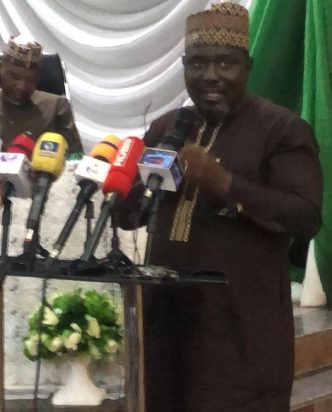
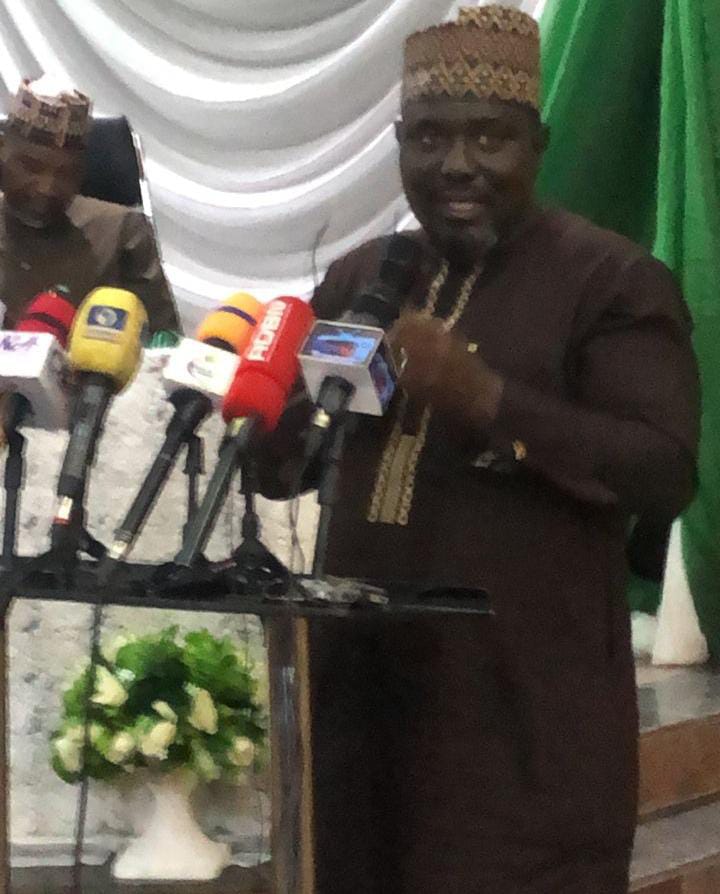
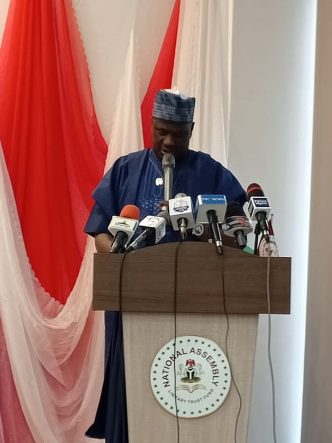
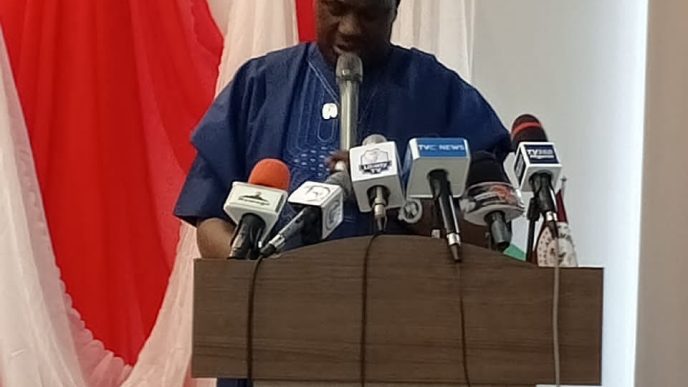


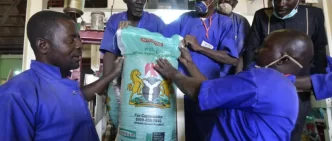
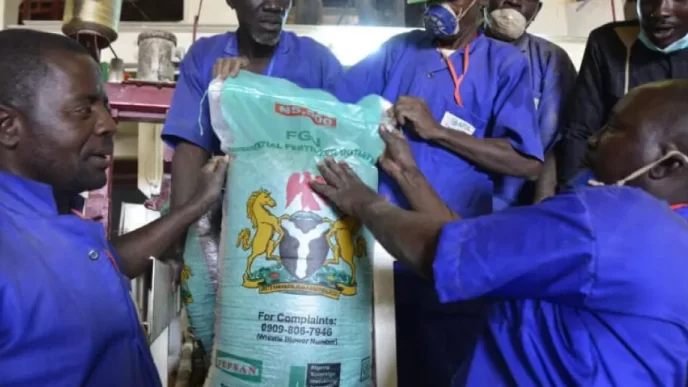
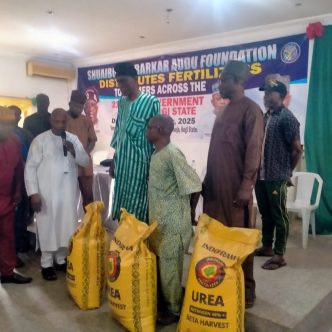



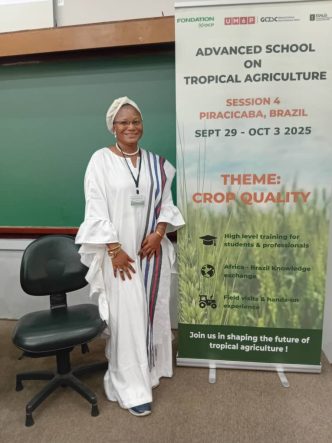
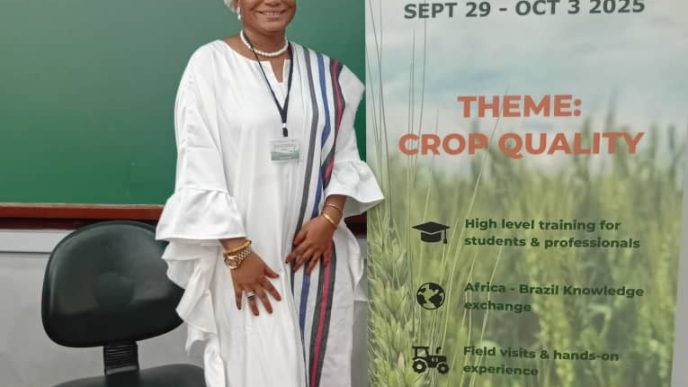
GIPHY App Key not set. Please check settings